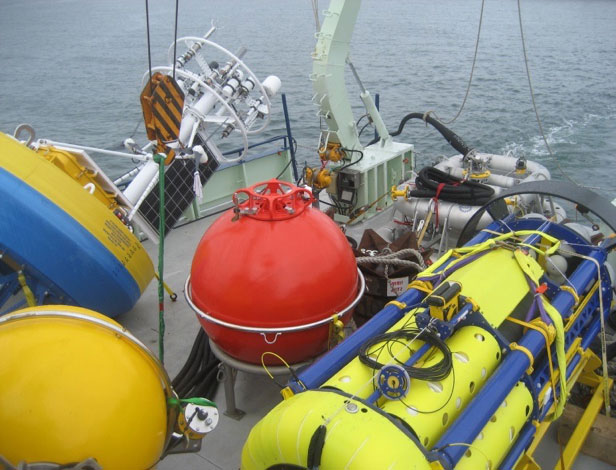Career Profile:
Mechanical Engineer
$75,520
Median YearlyIncome
good
WorkProspects
3
ProspectiveEmployers
This unit group is for all mechanical engineers: Mechanical engineers research, design and develop machinery and systems for generation, transportation, processing and manufacturing. They also perform duties related to mechanical systems.
full-time, self-employed
Halifax, Cape Breton
Post-Graduate Degree / Bachelor's Degree
Professional Engineer Certificate
What you do
Mechanical engineers play an essential role in industries as they are responsible for designing, testing, analyzing and developing machines and systems, while applying creativity and innovation.
In the oceans technology sector, mechanical engineers design and develop cutting edge, innovative technologies for applications such as oceanography, power systems deployed in the ocean, defence, search and rescue, fishing, marine transportation and offshore energy exploration and development.
A Mechanical Engineer performs some or all of the following duties:
- Plan and manage projects, and prepare material, cost and timing estimates, reports and design specifications for machinery and systems;
- Design machines, components, tools, fixtures and equipment;
- Analyze dynamics and vibrations of mechanical systems and structures;
- Supervise and inspect the installation, modification and commissioning of mechanical systems at construction sites or in industrial facilities; and
- Supervise technicians, technologists and other engineers and review and approve designs, calculations and cost estimates.
What you need
- Strong interest in the design and operation of machines and mechanical processes;
- Persistence, good judgement, an eye for detail and the ability to think analytically and logically are essential;
- You must be able to communicate and work well with others, as engineers often work in teams;
- Leadership and problem-solving skills are also critical; and
- Computer experience is considered an asset.
Who might be hiring?
References and further reading
- Careers Nova Scota
- Create your career plan
- Engineers Nova Scotia
- 2132 National Occupation Classification (NOC)
* The employment outlook over the next few years for this occupational group is "good", which indicates the chances of a qualified individual finding work is above average.
Your Career Pathway
Opportunities for Hands-on Experience
Post-Secondary Educational Programs
2 years, $6,000 / year
4 years, $12,500 / year
Certification attests that the holder has met provincial requirements for the occupation. Certification is required to practice this profession.
Graduate Programs
1.5-2 years, $13,000 / year
4 years, $10,000 / year
